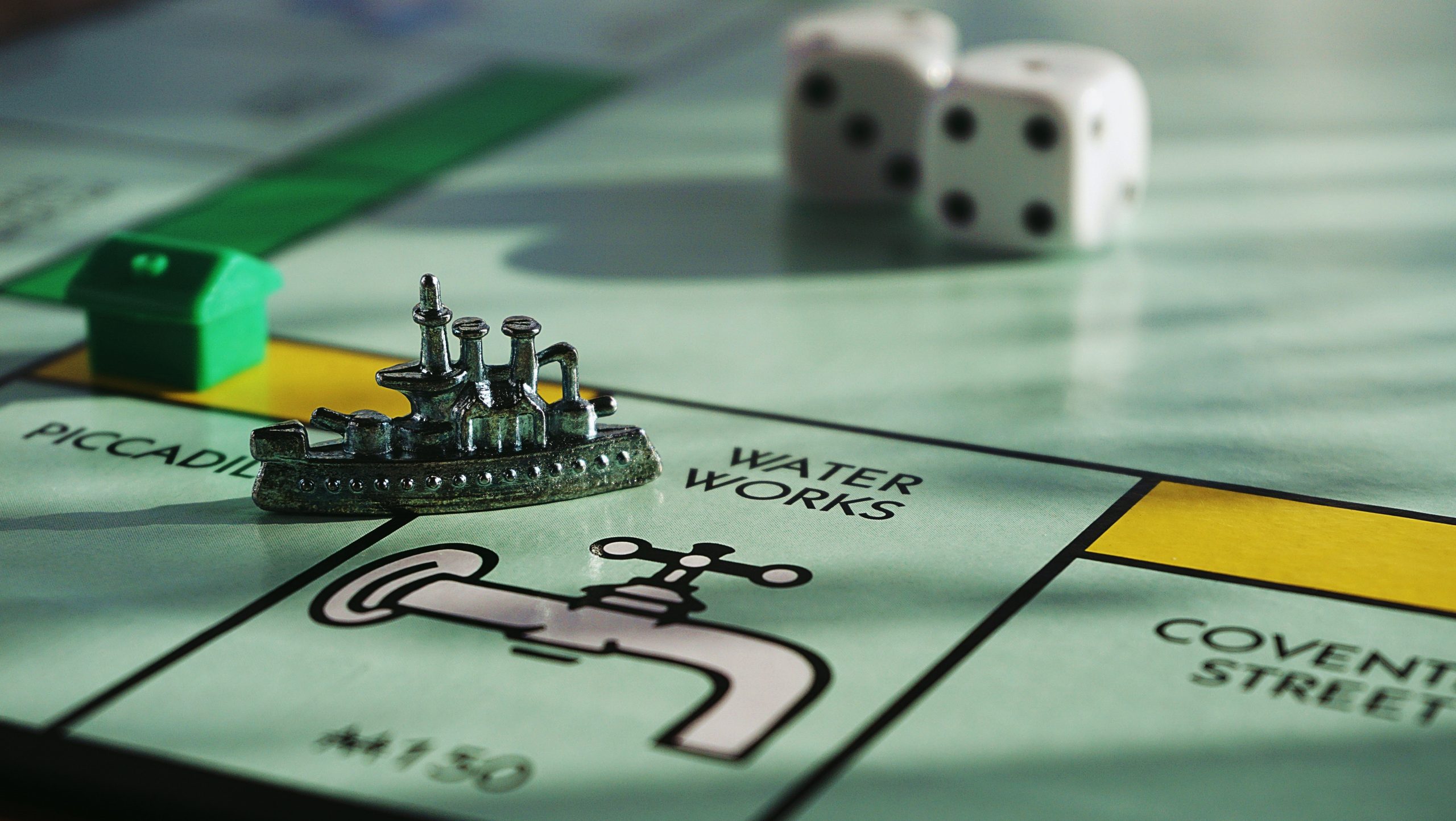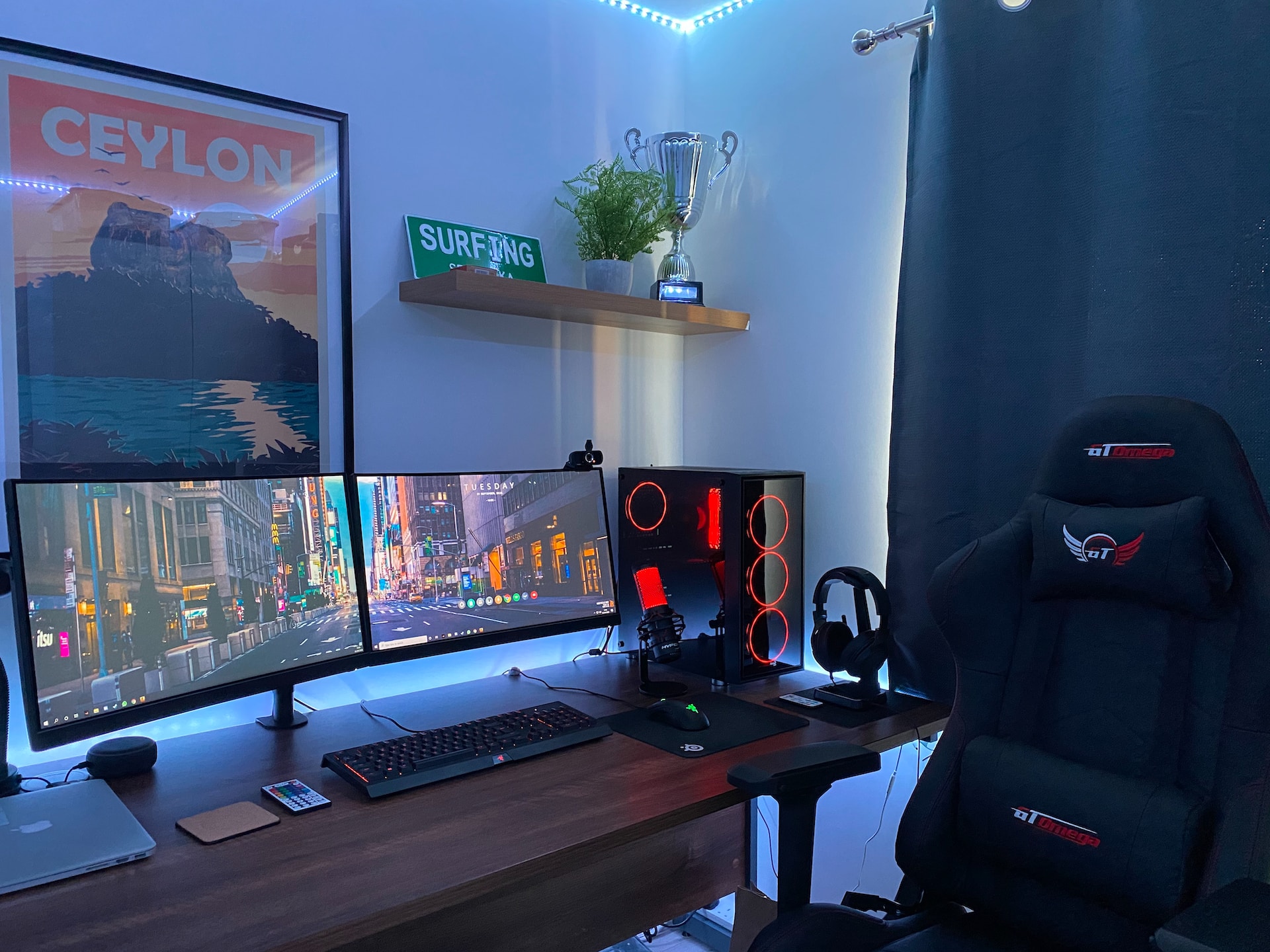Introduction
Roulette is one of the oldest and most loved casino games in the world. But in today’s fast-changing digital world, classic roulette has evolved far beyond spinning wheels and betting chips. Game developers are now using cutting-edge technology and creative design to give roulette a modern makeover. From immersive 3D visuals to blockchain integration, the roulette experience is being transformed for new audiences and platforms. Whether you’re a developer, a gaming entrepreneur, or just curious about the future of online gaming, this article covers the top trends in roulette game development that are shaping the industry in 2025.
Top Trends in Roulette Game Development for Modern Developers

1. Cross-Platform Compatibility
Modern players want to access roulette games anytime and on any device. That’s why one of the most important trends in roulette development is creating cross-platform games. These games run smoothly on mobile phones, tablets, desktops, and even smart TVs. Developers are using tools like HTML5, Unity, and WebGL to ensure that roulette games perform well across all screen sizes without sacrificing quality.
Cross-platform development also makes it easier for gaming companies to reach a wider audience. Players can switch between devices without losing their game progress, which leads to better engagement and retention.
2. Live Dealer Roulette Integration
Live dealer games continue to rise in popularity, and roulette is one of the top choices for this format. By combining high-quality video streaming and real-time interaction, live roulette brings the thrill of a physical casino into players’ homes. In 2025, developers are focusing on improving the realism of live dealer roulette by using better camera angles, smoother streaming, and faster interfaces.
Some platforms now allow players to switch between camera views, chat with dealers, or even choose between different dealer personalities. These features help create a more personal and immersive experience that keeps users coming back.
3. VR and AR Experiences
Virtual reality (VR) and augmented reality (AR) are changing how people play roulette. VR lets players step into a virtual casino where they can walk up to the roulette table, place bets, and watch the wheel spin just like in real life. AR adds a digital roulette table to your physical space using your phone or AR glasses.
In 2025, more developers are exploring VR and AR to create exciting and realistic casino environments. These features offer an immersive way to enjoy roulette while adding a layer of fun and novelty that traditional online versions may lack.
4. Blockchain and Cryptocurrency Integration
The gaming industry is embracing blockchain technology for security, transparency, and innovation. Many developers are now adding blockchain features to roulette games, especially in decentralized casinos. Smart contracts can handle betting rules and payouts automatically, while cryptocurrencies like Bitcoin or Ethereum offer fast and anonymous transactions.
Blockchain also helps build trust with players. When roulette spins and results are recorded on a public ledger, it ensures fairness and transparency. This is especially important in online gaming, where trust is a key factor for user retention.
5. AI and Personalization
Artificial intelligence is being used to make roulette games smarter and more engaging. AI can analyze a player’s behavior to offer personalized game suggestions, betting tips, or bonus features. For example, if a player prefers fast-paced games, the system might suggest turbo roulette modes. If someone frequently bets on specific numbers, AI can customize the layout or recommendations.
This level of personalization helps improve user satisfaction and loyalty. It also gives developers better insights into what features players like, allowing them to improve game design over time.
6. Gamification Elements
Roulette is getting more fun with the addition of gamification. Developers are adding challenges, achievements, leaderboards, and reward systems to keep players engaged. Instead of simply spinning the wheel, players can unlock new themes, earn points, or complete daily tasks.
In 2025, many roulette games include game-like features such as levels, missions, and even story modes. These additions give players more goals to reach and make the game feel less repetitive. It also helps build long-term engagement, especially with younger audiences who are used to interactive gaming.
7. Unique Game Variations
While traditional European and American roulette are still popular, developers are now creating unique variations to stand out in a crowded market. These versions may have special rules, bonus wheels, or themed settings like sci-fi, fantasy, or historical styles.
Creative roulette versions give developers room to innovate while attracting players who are looking for something fresh. For example, mini roulette has fewer numbers and faster gameplay. Other variations include multi-wheel roulette, where players can bet on several wheels at once, increasing the excitement and potential winnings.
8. High-Quality Graphics and Animations
Visual appeal matters a lot in modern game design. In 2025, roulette games feature crisp 3D graphics, realistic animations, and smooth transitions. These visual improvements make the game feel more polished and engaging.
Developers are also using visual effects to highlight wins, animate spinning wheels, and guide users through the interface. High-quality visuals help grab players’ attention and keep them entertained, especially when paired with great sound design and music.
9. Fast Load Times and Lightweight Design
With so many games competing for attention, performance is more important than ever. Developers are now focusing on making roulette games that load quickly and use minimal device resources. Lightweight code, optimized graphics, and smart caching all help reduce wait times and keep the game responsive.
Players today expect fast and smooth experiences. If a game lags or crashes, they’ll likely move on. That’s why speed and performance are key parts of roulette game development in 2025.
10. Responsible Gaming Tools
As the gaming industry grows, so does the need to promote healthy playing habits. Developers are now including tools that support responsible gaming. These include time trackers, betting limits, reminders, and self-exclusion options.
By integrating these tools directly into roulette games, developers help users stay in control. This builds trust and shows that the gaming platform cares about its players’ well-being, which is especially important for long-term brand loyalty.
Conclusion
Roulette game development in 2025 is about much more than spinning a wheel. Today’s developers are using powerful technologies and smart design to create exciting, safe, and personalized experiences for players around the world. From cross-platform play and VR integration to blockchain features and AI personalization, roulette has truly entered a new era.
By following the trends shared in this article, developers can stay ahead of the curve and create roulette games that stand out in a fast-moving market. Whether your focus is on design, performance, or innovation, the future of roulette game development is full of opportunities to explore and build something extraordinary.









